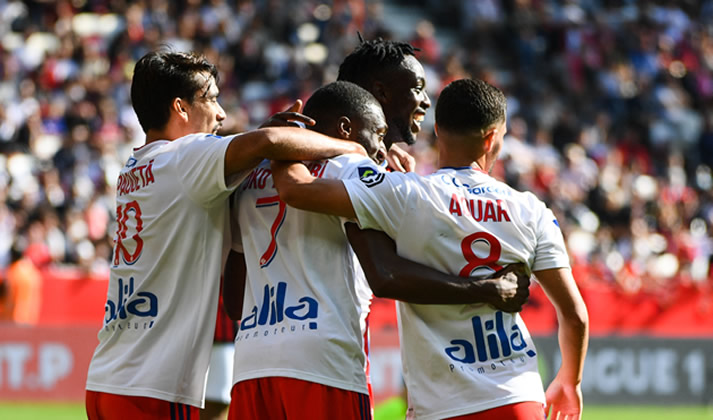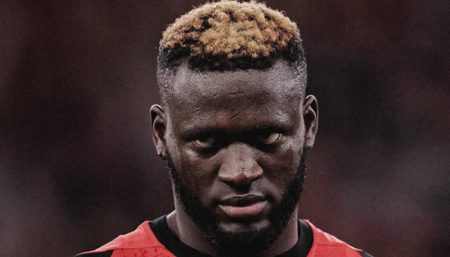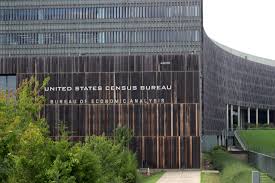Lyon’s Fall from Grace: A Summary of the Club’s Relegation and Financial Troubles
Olympique Lyonnais, a storied club with a rich history in French football, has been relegated to Ligue 2, the second tier of French football, by the Direction Nationale du Contrôle de Gestion (DNCG), the financial watchdog of the French professional league (LFP). This decision marks a dramatic fall from grace for the seven-time Ligue 1 champions, who have not played in the second division since 1989. The DNCG’s ruling comes after a hearing where Lyon failed to convince the regulator to lift the financial restrictions imposed on the club back in November. While Lyon has the option to appeal the decision, the club’s future hangs precariously in the balance, casting a shadow over its proud legacy.
The club’s financial woes have been well-documented, culminating in the DNCG’s intervention and the subsequent relegation. Lyon’s president, American businessman John Textor, had expressed confidence before the hearing, claiming that the club’s finances were in good order, citing recent investments and player sales. Textor had recently sold his 43% stake in Premier League club Crystal Palace, a move seen as an attempt to shore up Lyon’s finances. The club also took steps to reduce its salary bill and generated revenue through the sales of promising young players Rayan Cherki to Manchester City and Maxence Caqueret to Como. Despite these efforts, the DNCG remained unconvinced, deeming the club’s financial situation insufficiently stable to warrant a reprieve.
The relegation represents a significant blow to Lyon, a club that once dominated French football, winning seven consecutive Ligue 1 titles between 2002 and 2008. This golden era saw the emergence of star players like Juninho Pernambucano, Michael Essien, and Karim Benzema, propelling Lyon to the pinnacle of French football and making them a formidable force in European competitions. The club’s consistent success during this period solidified their status as one of the elite clubs in France, challenging the traditional dominance of teams like Paris Saint-Germain and Marseille. The current relegation starkly contrasts with this period of unprecedented success, highlighting the precarious nature of football finances and the potential consequences of mismanagement.
The implications of Lyon’s relegation are far-reaching. Should the decision stand, Lyon will be replaced in Ligue 1 by Reims, a club that finished just below the relegation zone. Furthermore, Lyon’s participation in the Europa League, a competition they qualified for after finishing sixth in Ligue 1, is now in jeopardy. UEFA regulations typically prevent relegated clubs from participating in European competitions. This loss of European football represents a significant financial setback for Lyon, depriving them of crucial revenue and the opportunity to compete on the continental stage. The relegation also casts doubt on the future of several key players, who may seek moves to other clubs in order to continue playing at the highest level.
The DNCG’s decision reflects the increasing scrutiny placed on football clubs’ finances. Football governing bodies across Europe have implemented stricter financial regulations in recent years to ensure the long-term stability and sustainability of the sport. These regulations, often referred to as Financial Fair Play (FFP) rules, aim to prevent clubs from spending beyond their means and accumulating unsustainable levels of debt. FFP rules require clubs to demonstrate financial stability and responsible spending, and breaches can result in sanctions ranging from fines and transfer restrictions to points deductions and even relegation.
The case of Lyon serves as a cautionary tale for other clubs, highlighting the importance of sound financial management and the potential consequences of failing to comply with financial regulations. While Lyon’s fate remains uncertain pending a potential appeal, the club’s current predicament underscores the challenges facing many football clubs in the modern era. The increasing costs associated with player salaries, transfer fees, and infrastructure development have placed a significant strain on club finances, making prudent financial management more critical than ever. Lyon’s struggles serve as a stark reminder of the importance of balancing sporting ambition with financial responsibility, and the potential consequences of neglecting the latter.














